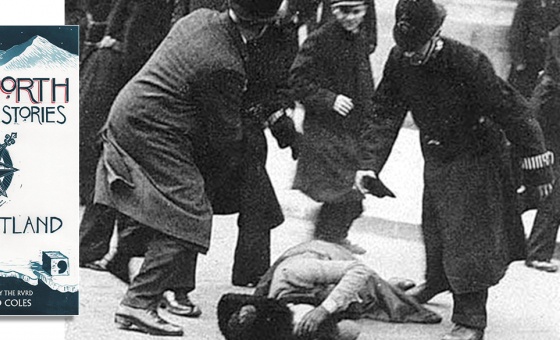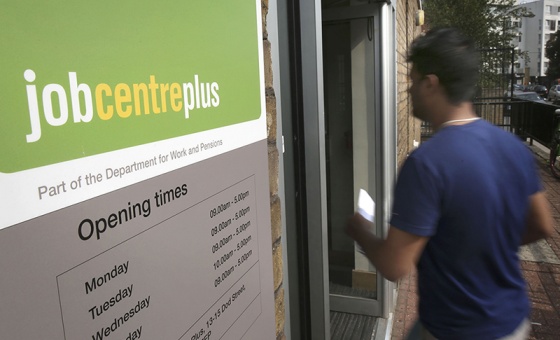This is the last article you can read this month
You can read more article this month
You can read more articles this month
Sorry your limit is up for this month
Reset on:
Please help support the Morning Star by subscribing here
THE proposed anti-strike law is a “symbol” that ministers are losing the argument, RMT general secretary Mick Lynch said today after they vowed press ahead with the imposition of “minimum safety levels.”
Amid increasing industrial action in the transport, education and health sectors, the government announced on Thursday that it would introduce new legislation to minimise disruption during strikes.
Rail services were crippled today after RMT members at Network Rail and 14 train-operating companies began a 48-hour walkout, their second of the year.
The strike ends a week of action on the railways, but the dispute continues.
Under the proposed legislation, there would be minimum safety levels for fire, ambulance and rail services, with the government promising to consult on the “adequate level of coverage.”
However, RMT general secretary Mick Lynch accused the government of trying to “close down” the unions with the new legislation.
“What this is a symbol of is that the government are losing the argument,” he told BBC Breakfast.
“They’ve lost the argument on austerity and pay and the state of our national public services.
“And instead, they want to close that argument down by closing down the unions and stopping us from campaigning against poverty.”
Mr Lynch said the Bill, which will be introduced in Parliament in the coming weeks, amounts to a threat to sack union members if they refuse to go to work.
“They are going to conscript our members,” he said.
A government source confirmed to the Times that striking workers who defied the rules could face dismissal for breach of contract.
In addition, unions could be sued if they do not provide the minimum levels of services under the proposed laws, according to Business Secretary Grant Shapps.
He claimed that the measures were intended to “restore the balance between those seeking to strike and protecting the public from disproportionate disruption.”
A government source told the Times that striking workers who defied the rules could face dismissal for breach of contract.
Royal College of Nursing general secretary Pat Cullen argued that safe staffing levels were something that her union was calling for all year round, not just in “extreme circumstances.”
Aslef general secretary Mick Whelan expressed doubt that the new legislation would make life harder for his union, adding that it would lead to unions having to organise more strikes locally, rather than nationally.
“There have been minimum [service] levels in European countries for several years. They have never been enacted because they don't work,” he pointed out.
Fire Brigades Union general secretary Matt Wrack said that Britain already had some of the most restrictive anti-union laws, accusing the Tories of being “clearly hellbent on criminalising and victimising trade unions with this threatened onslaught on the right to strike.”
Employment lawyers are predicting a legal challenge to the legislation.
Thompsons Solicitors head of trade union law Richard Arthur said that there were “very serious legal question marks” regarding the government’s proposals.
Shakespeare Martineau employment partner Tom Long added: “While this is the latest attempt in a series of governments since 2010 to restrict the right to strike, the proposed legislation could have a relatively short lifespan.
“Aside from the fact that trade unions will be unlikely to accept it without a fight, it may take months to go through Parliament and, even if passed, the Labour Party has been vocal about its intention to repeal it if it is elected in the next two years.”
Prime Minister Rishi Sunak said that ministers would invite unions to meetings next week in a bid to resolve the disputes.
Unison head of health Sara Gorton said that her union had received an invitation to meet Health Secretary Steve Barclay on Monday.
She said: “Unions intend to make clear the government must act to end the current dispute over pay.
“Talks about what might happen with NHS wages in 2023-24 won’t stop next week’s strike or others planned for later this month.
“The Health Secretary must convene the pay talks he knows are necessary to call off the industrial action no-one wants to take.
“That means improving wages across the NHS now.”
Meanwhile, Unite announced another strike by ambulance staff over pay and staffing on January 23.
The union pledged to work with local NHS trusts to ensure life-and-limb emergency cover.
More than 2,600 ambulance workers in the east and west Midlands, north-west and north-east England and Wales will be involved in the walkout.











